I'm trying to write the next program:
A two-dimensional square array containing only positive integers. Each cell can appear on the path only once, write a recursive boolean static method that accepts as a parameter a two-dimensional mat array containing numbers (Which is greater than zero) and any positive sum sum, and the method is given as a parameter of a two-dimensional array of the same size as mat, which should check if there is a path in an array whose sum is sum. Otherwise the false value will be returned, and the path is used to mark the path sum sum: Initially, when the path array is passed as a parameter, all its cells contain the sum At the end of the method, if there is a path in a mat array sum sum, the path array will contain 1 in the cells participating in the path and 0 in all the other cells.If there is no such path in the mat array, the path array should contain the value 0 if there is more than one path One sum sum, the array path will contain one of the paths sum sum (arbitrarily). For example, given the array mat follows:
And the sum 4, the method returns true and the path array can be one of the following three arrays:
I tried:
public static boolean findSum(int i, int j, int mat[][], int sum, int path[][]){
if(sum == 0) {
return true;
}else if(sum < 0) {
return false;
}else if (i < mat.length - 1 && findSum(i + 1, j, mat, sum - mat[i][j], path)) {
path[i][j] = 1;
return true;
}else if (i < mat.length - 1 && findSum(i + 1, j, mat, sum, path))
return true;
else if (j < mat.length - 1 && findSum(i, j + 1, mat, sum - mat[i][j], path)) {
path[i][j] = 1;
return true;
}else if (j < mat.length - 1 && findSum(i, j + 1, mat, sum, path))
return true;
return false;
}
public static boolean findSum (int mat[][], int sum, int path[][]){
if(findSum(0,0, mat, sum, path)) {
System.out.println(Arrays.deepToString(path));
return true;
}else {
return false;
}
}
And I got:
1 | 0 | 0 | 0
1 | 0 | 0 | 0
1 | 0 | 0 | 0
0 | 0 | 0 | 0
The problem is that I get too long a path with 2 paths

